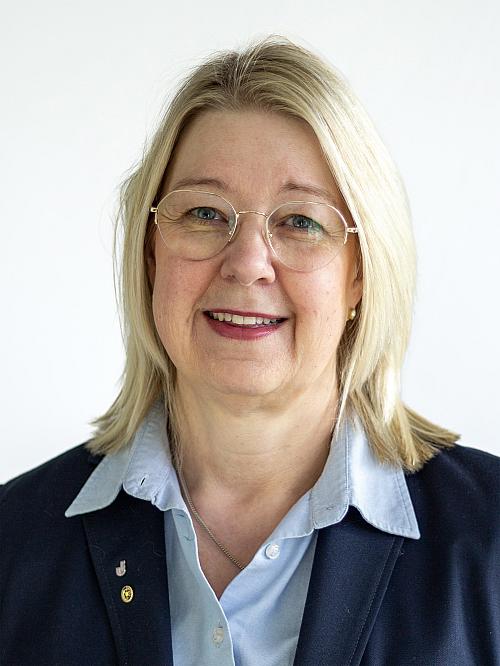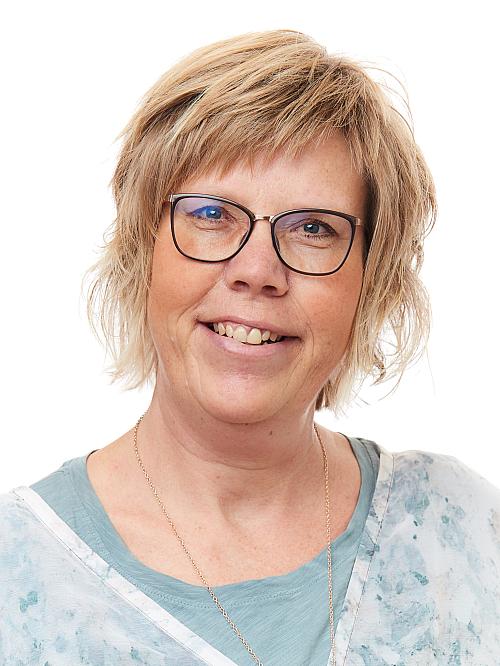Including the elderly in our digital society
Different areas of society are transitioning from analogue to digital systems at an increasingly rapid rate. General statistics may lead to the belief that this transition is happening smoothly, even for older people. But the research gives a different picture.

Bild: Joshua Hoehne/Unsplash
More than 95 per cent of Sweden’s adult population are categorised as 'Internet users' and Swedes over the age of 76 are the fastest growing age group for internet use. A closer look at the statistics reveals a less positive picture, however.
In 2017, results were published from extensive national surveys on the use of digital technology by older people. They were part of a research project run by Ulli Samuelsson, Assistant Professor of Education at the School of Education and Communication, Tobias Olsson at Lund University, and Dino Viscovi at Linnaeus University. The results were clear – at least 400,000 people in the 65-85 age group find themselves outside the digital society.
“It was a real eye-opener and the survey results have been frequently referred to in the national debate,” says Ulli Samuelsson.
An increase with significant differences
In 2020, the project carried out additional survey studies on the same theme. The results gave a somewhat more positive picture, and, at an overarching level, it was confirmed that older people had increased their internet use during the pandemic. However, delving deeper into the statistics, there were socio-economic circumstances which were significant factors.
“If we consider factors such as household income and education level, we see that the increase occurred among people with a good economy and higher education level. This group doubled their use compared with those with a poorer economy and lower education level. While some of the research has focused on helping people to become more digitally empowered, the pandemic has made this more difficult because people need proximity to support and to make investments in new technology. For those who are less well off, and without access to a social network, it becomes very difficult to start and continue using digital technology,” says Ulli Samuelsson.
"For those who are less well off, and without access to a social network, it becomes very difficult to start and continue using digital technology."
A bigger challenge around the corner
Much of the digitalisation support for older users is provided on a voluntary basis, for example through adult education providers or relatives. According to Ulli Samuelsson, there is a need for more initiatives to be organised by the municipalities, for example.
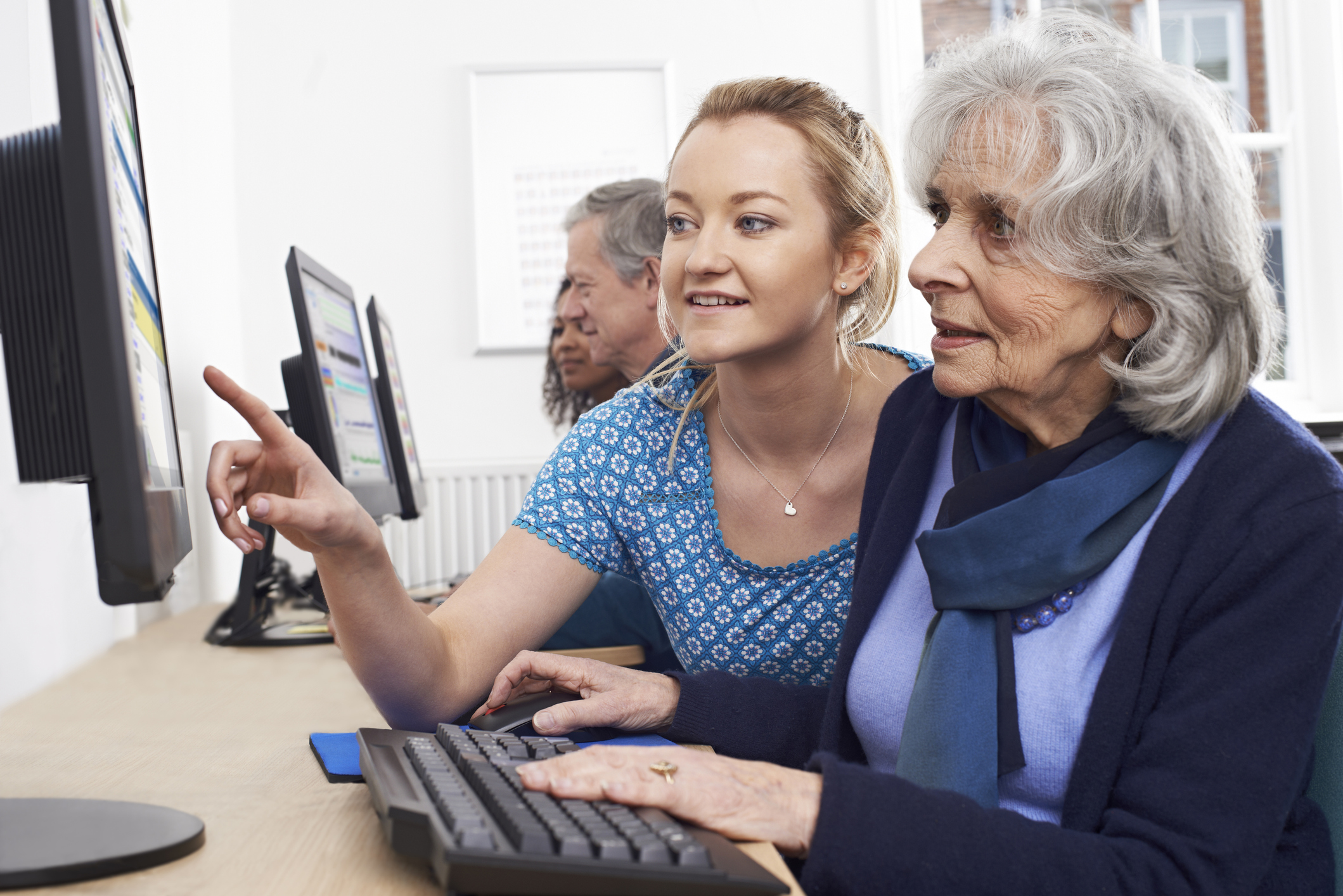
Support and education needs to be provided for the elderly if they are to become digitally active. (image:iStock)
“Society requires us to be digitally active, but it does not always create the necessary foundations for this.”
Will the situation improve as the next generation reaches the older age category? That is far from guaranteed, according to Ulli Samuelsson.
“We may face an even greater challenge at that point because it is taken for granted that an already digitalised generation will continue to be digitalised. However, even then, socio-economic factors will continue to play a role. Simply changing the look of an app or changing digital terminology can cause problems. And, as a pensioner your financial situation can deteriorate, making it harder for you to upgrade your digital tools.”
"The focus is too narrow, so we have worked together to get older people involved at an early stage in the technology development."
Focus on needs of elderly users
Internet access and support for digital tools are two given factors that can reduce digital exclusion. However, it is also important for the design of digital solutions itself to have the older person as its point of departure.
Sofi Fristedt is Associate professor in Health Sciences and Director of Jönköping Academy (JA), a research centre founded by Jönköping University and the Region Jönköping County Council. JA has a focus on quality improvement, leadership, innovation and co-creation in health and welfare. Fristedt also leads JA’s participation in a new graduate school that has been granted just over SEK 25 million from the Knowledge Foundation and is coordinated by Halmstad University.
Through its doctoral projects, the graduate school aims to contribute innovations, knowledge and skills linked to digital innovation in healthcare. Fristedt has also been involved in studies and led networks that have taken an interdisciplinary approach to the issue.
“As early as 2012, we started a network at Jönköping University that involved all of the schools within the university, as well as seniors organisations, municipalities, Region Jönköping and a number of companies. It offered workshops to develop technology opportunities for older users.
Sofi Fristedt describes the role of researchers as an important link between the technical expertise of companies and the actual needs of users.
“The results were clear. The companies know the technology but are not always aware of the needs. Technical solutions are often developed and then perhaps an older person may become a test person. The focus is too narrow, so we have worked together to get older people involved at an early stage in the technology development.”
Sofi Fristedt also mentions the problem that older people are seen as a homogenous group. In a collaborative project with Lund University, she observed that there are often significant differences between individuals.
“We need to get better at identifying these differences so that all older people get the support they need. Older people are not hostile to technology by nature, but technology is not always developed for them. Studies also show that we need to focus on more welcoming transition systems that do not just plough ahead with digitalisation. The analogue options need to remain a little longer during each transition phase.”
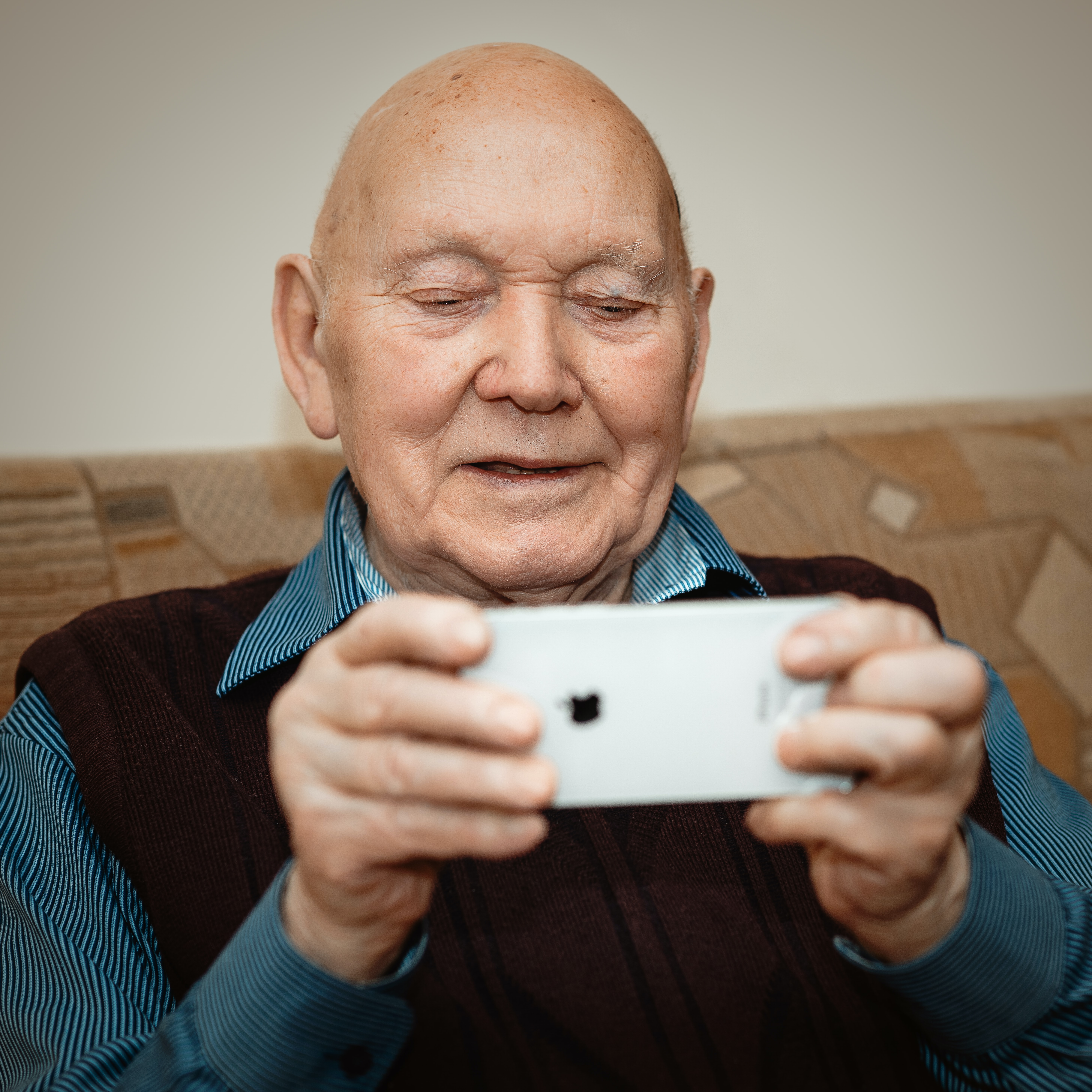
Researchers at Jönköping Academy are working with companies to get elderly users involved in the early development stages of digital solutions. (image:Unsplash)
The digital threshold
Birgitta Jonsson is someone who confirms the picture provided by the research. Personally, she is very digitally literate, and her Twitter account has 5,000 followers. She describes herself as an ‘87-year-old computer and photo nerd and broadband activist’. However, as a board member of SeniorNet Kungsholmen and with a strong and long-term commitment to opportunities and access to digital services for older people, she often comes into contact with people experiencing digital exclusion.
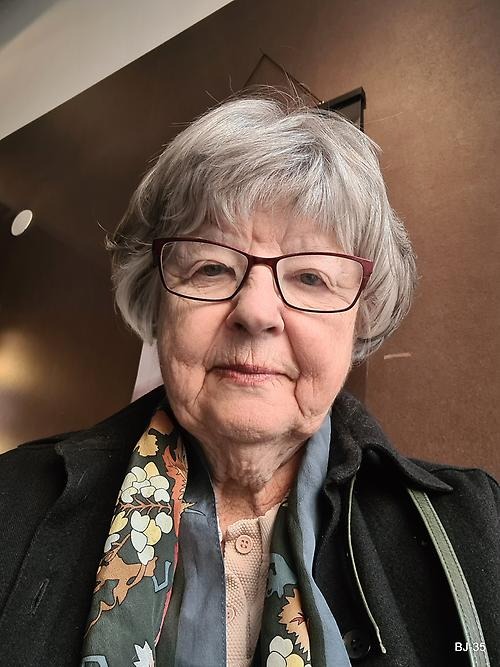%20Birgitta%20Jonsson.jpg)
Birgitta Jonsson has 5,000 followers on Twitter and campaigns for increased access to digital services for the elderly. (image: Birgitta Jonsson)
“Through SeniorNet, I used to run courses for older people. Despite no longer running courses, I often help people who call me when they are having trouble using their computer or the internet. The problem for many older people is that they do not understand that the computer is not just a device for typing on, but a useful tool. If you don't know how and for what it should be used, it can be hard to get over the threshold of purchasing a phone or tablet. However, above all they must be provided with better opportunities to test it and try it out with someone they trust, whether that be friends, through community initiatives, or at libraries, for example.”
Birgitta Jonsson also knows from her own experience that internet access and knowledge of social media can have enormous significance for individual health. In 2014, she suffered a stroke and during her hospital stay, Facebook became a way back to social life.
“I completely lost contact with the world when I was in the ICU. However, I succeeded in bringing my laptop with me and when I connected to Facebook, my friends were suddenly close to me again. I was back to my normal life! That was crucial for my rehabilitation. Social media has been equally important during the pandemic. There have been many days when I didn't physically meet a single person, and I do not know how I could have survived without all my conversations and discussions on Facebook and Twitter.”
New instrument
The research continues at Jönköping University and one upcoming example is the development of an instrument to measure the digital skills of older people. It is being run by Caroline Fischl, Senior Lecturer in Occupational Therapy at the School of Health and Welfare. The instrument will be tested in a study conducted in collaboration with Hiroshima University from 2022 to 2023.
“The aim is to identify the digital activities that pose difficulties for older users. Do they understand what is happening on the screen? Can they forward information and complete the whole activity? With clearer answers to these questions, we will be able to better measure and develop user skills,” says Caroline Fischl.
Contact
- Assistant Professor of Education
- School of Education and Communication
- ulli.samuelsson@ju.se
- +46 36-10 1417
- Head of Department
- School of Health and Welfare
- sofi.fristedt@ju.se
- +46 36-10 1269

